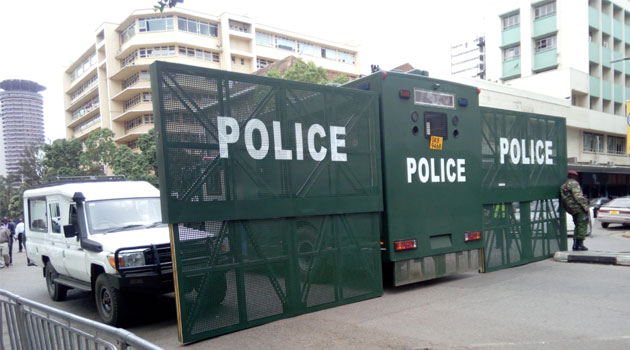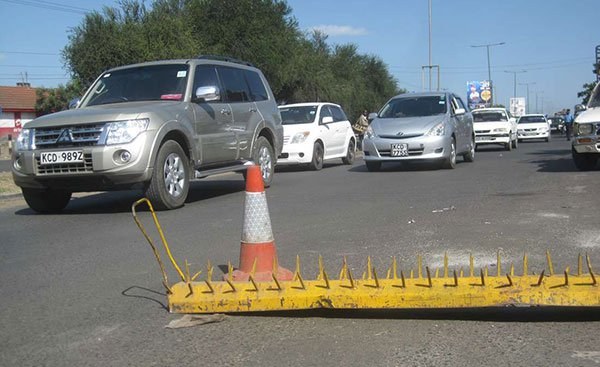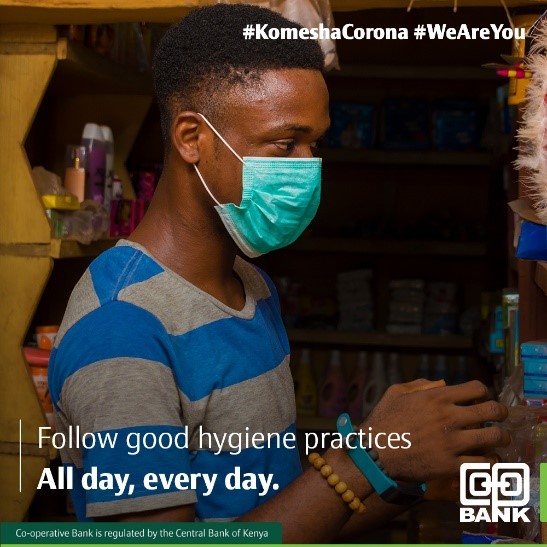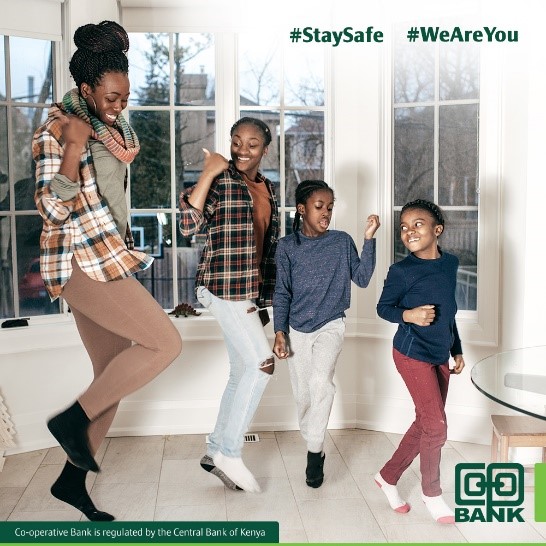In a lot of ways, the plot in Barbara Kimenye’s popular book series – Moses – could have been set in my school. No wonder we loved those books so much.
High school in those days dished out much more than academic certificates – it was an all inclusive holistic life shaping – and how to survive in the harsh outside world.
First off, high school gave us a chance to venture outside the suffocating confines of our village and exposed us to other cultures.
He who doesn’t travel thinks his mother is the best cook.
We got used to weevil-ridden fare in smoky kitchens with sweaty, scowling cooks. In some occasions, we’d catch a whiff of kerosene in the githeri!
The village had embraced us in a loving embrace – then high school ripped us from that comforting embrace to the cruelty of sadistic bullies.
You learn that people can be unkind for no reason.
You learn the world doesn’t owe you a soft landing.
The basics of the social system – elite class, the middle class and the peasants – are first made apparent in high school. One learns there will always be people richer and wealthier, but not necessarily smarter. The grades in class is what mattered.
On money, lessons were served fast and harshly.
What may seem exorbitant to one may turn out to be mere chicken feed to another. In those days, I’d feel rich if my folks and relatives in the village sent me back to school with 500 bob as pocket money – shopping inclusive. Then I’d meet urban kids living like kings with unlimited funding!
High school taught us restraint – one doesn’t need to eat bread with margarine on every break.
The ingenious village kids would often come up with tricks to earn extra income.
I know a lad who cleaned the 4K club rabbit hutches for a fee. Most of the club’s members were averse to the tedious chores. He made a tidy sum after classes.
Another lad made a name as a data entry expert – copy writing notes and long assignments over the weekends. He’d also write fancy, wordy, perfumed letters to pen pals in neighbouring schools for a fee.
The harshest lesson was dished out in form one, second term. I lost a tidy sum of money to con artists at the bus terminus in town on the way to school.
It was the school fees – stashed in my socks. To date, it amazes me how they had realised I had money on me.
Nowadays, luckily, school kids do not have to expose themselves to con artists and pick pockets.
There are a million cashless ways to pay school fees safely and conveniently, from home, office or in between activities on the farm.
Co-op Bank clients have a myriad of options available to easily and safely pay school fees for their kids.
Parents can easily pay school fees through Co-op M-Pesa Paybill 400200, MCo-op Cash, PesaLink or at a Co-op Kwa Jirani agent at the local grocery, pharmacy or supermarket. All one needs is to fill in details of the school’s Co-op Bank account number and the money goes straight to the school’s account.
There’s no need to expose pupils and students to the perils of carrying hard cash.



















